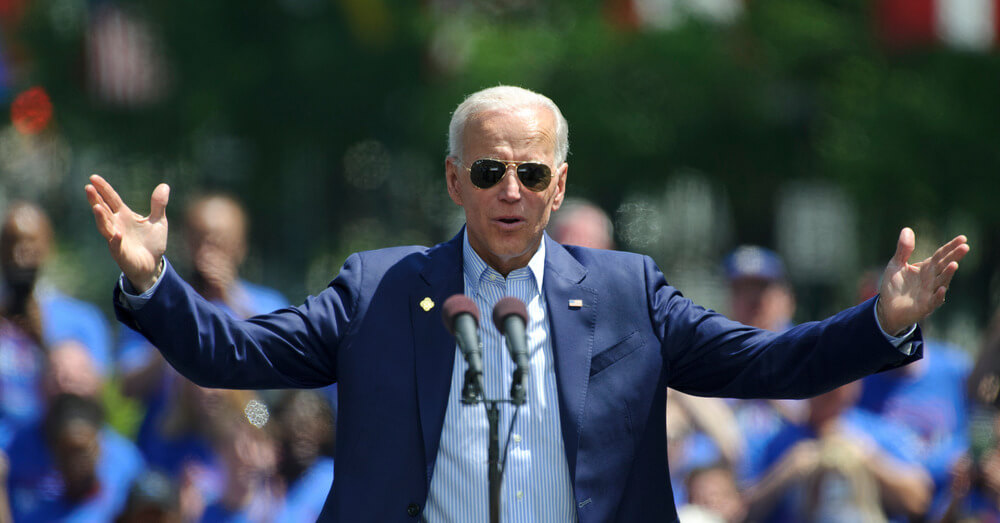- Biden vetoed legislation targeting SEC crypto rules, citing concerns about regulators.
- The cryptocurrency industry has criticized Biden’s decision and called it a setback for innovation and financial freedom.
- The veto raises questions about Biden’s stance on cryptocurrency regulation and industry participation.
U.S. President Joe Biden has taken a firm stance in the controversy surrounding cryptocurrency regulation by vetoing a bill to overturn Securities and Exchange Commission (SEC) regulations on cryptocurrency accounting standards.
The regulation in question, known as SAB 121, sets specific guidelines for companies holding cryptocurrency assets, requiring them to record these assets as liabilities on their balance sheets.
Joe Biden defends the SEC’s authority over accounting practices.
President Biden emphasized the importance of maintaining the SEC’s authority over accounting practices in an official statement on May 31, saying that a reversal of the SEC’s decision could potentially undermine broader regulatory efforts to protect consumers and investors.
Biden’s veto highlights his administration’s commitment to implementing regulatory guardrails that ensure the safety and stability of financial markets while recognizing the potential benefits of crypto asset innovation.
As previously reported, the bill, which seeks to repeal the SEC’s cryptocurrency accounting guidance, has gained bipartisan support in both the House and Senate.
But even though the House passed the bill 228 to 182 and the Senate voted 60 to 38 in favor of repeal, a two-thirds majority in both chambers is needed to override a veto.
Protest against Biden’s decision to reject the bill
The decision to reject the bill sparked immediate backlash from various sectors, especially within the cryptocurrency industry.
Critics argue the veto represents a setback for innovation and financial freedom, with some describing it as a “slap in the face” to advocates of a more flexible regulatory approach.
The Blockchain Association, a prominent cryptocurrency advocacy group, expressed disappointment with the administration’s decision, emphasizing the bipartisan consensus reached in both chambers of Congress.
Likewise, Digital Chamber Chief Policy Officer Cody Carbone condemned the veto, highlighting its potential chilling effect on innovation within the cryptocurrency space.
The veto also raised concerns within the cryptocurrency community regarding the administration’s stance on cryptocurrency regulation.
Despite speculation that the Biden campaign has worked with cryptocurrency industry stakeholders to adopt a more cryptocurrency-friendly stance, the veto suggests a different approach.
In response to the veto, Moe Vela, senior advisor to Unicoin and former senior advisor to Biden, called for a more nuanced discussion on integrating cryptocurrencies into the financial system and urged both candidates to clarify their views and plans for the future. Cryptocurrency regulation.
Sheila Warren, CEO of the Crypto Council, expressed frustration with the veto, suggesting that a publicly stated position on cryptocurrency regulation may be difficult to back down once it is stated.
As the cryptocurrency regulation debate continues in the United States, all eyes are now on whether both houses of Congress can secure a two-thirds majority to overturn the president’s veto.

